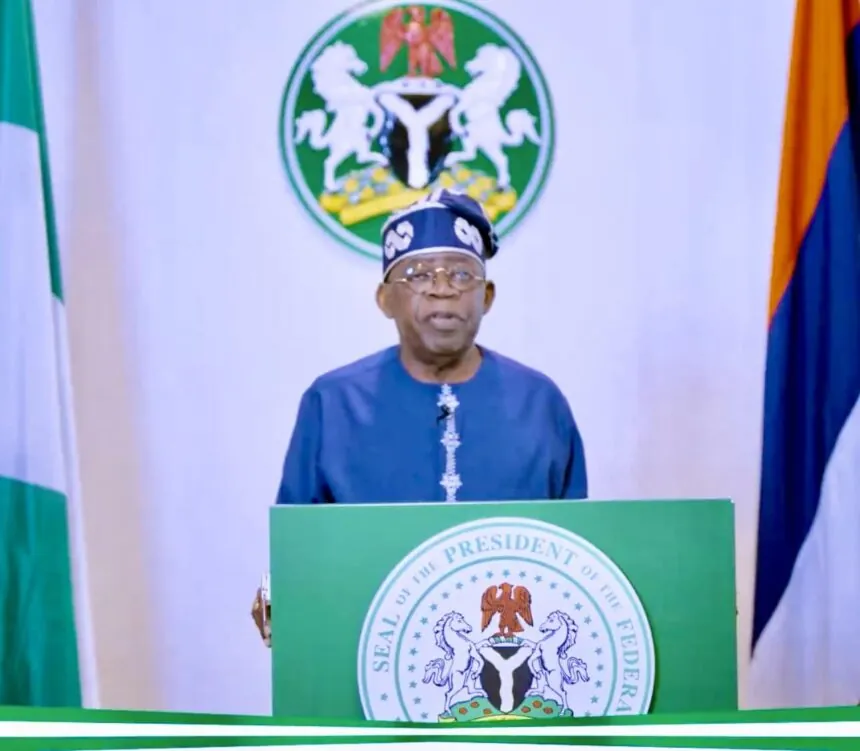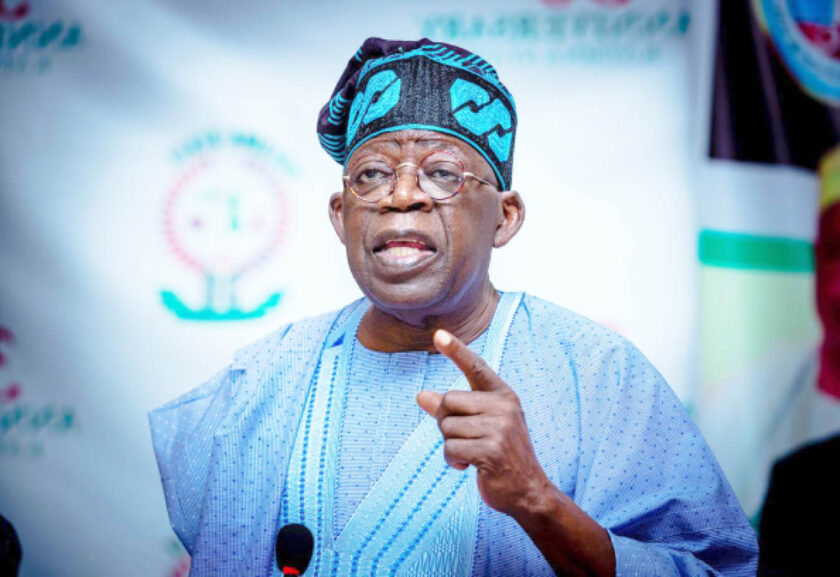From Hope to Hardship: Why Nigerians Voted for Tinubu and What They’re Experiencing Now
Byline: Special Report | June 2025
Abuja, Nigeria –
In February 2023, millions of Nigerians cast their votes in one of the most pivotal general elections in the country’s history. Bola Ahmed Tinubu, a former Lagos State governor and political kingmaker, emerged victorious under the banner of the All Progressives Congress (APC), promising a new era of reform, prosperity, and national renewal under the theme of the Renewed Hope Agenda.
However, two years later, the promises of a brighter future are being questioned, as many Nigerians grapple with rising inflation, worsening insecurity, and widespread poverty. What went wrong?
Why Nigerians Voted for Tinubu
🟩 Track Record in Lagos
Tinubu campaigned heavily on his performance as Lagos governor from 1999 to 2007. Supporters saw his leadership as pivotal in transforming Lagos into Nigeria’s economic nerve center.
“If he could do it in Lagos, he can fix Nigeria,” was a common refrain from voters in the South-West.
🟩 Promise of Economic Reforms
Tinubu pledged to remove fuel subsidies, unify the exchange rate, and attract foreign investment. These promises appealed to elite circles and international observers.
“I will build a Nigeria that works for all,” Tinubu said at his final campaign rally in Abuja.
🟩 Opposition Disunity
The opposition was fractured, with Labour Party’s Peter Obi and PDP’s Atiku Abubakar splitting the vote. Many voters saw Tinubu as the most viable option to maintain stability amid rising tensions.
What Nigerians Are Experiencing Now
🔴 Skyrocketing Inflation
Food prices and transportation costs have exploded due to subsidy removal and naira devaluation.
- Nigeria’s inflation hit 33.95% in May 2025, the highest in two decades.
- Food inflation soared past 40%, according to the National Bureau of Statistics.
“A bag of rice now costs over ₦80,000! How are we supposed to eat?” — Grace E., trader in Lagos Island.
“I voted for him, but now I can’t feed my children. Is this the renewed hope?” — James O., taxi driver, Abuja.
🔴 Mass Poverty & Unemployment
The World Bank estimates that over 129 million Nigerians now live in multidimensional poverty — a stark increase since 2023.
“It’s not hope we feel, it’s hunger,” said a protester during a May 2025 labour demonstration.
“We are poorer today than we were before the elections,” lamented Hassan Idris, a civil servant in Kano.
🔴 Insecurity & Violence
Kidnappings, bandit attacks, and insurgencies persist in the North and parts of the Middle Belt.
- Over 10,000 deaths due to violence were recorded between 2023 and 2024 (Amnesty International).
“We still sleep with one eye open. What changed?” — Maryam S., resident of Kaduna.
Government’s Defense
Despite the backlash, the Tinubu administration maintains that its policies are necessary for long-term stability.
“We inherited a fragile economy. These reforms are painful but critical,” said Finance Minister Wale Edun in April 2025.
“President Tinubu is laying the foundation for future prosperity,” said FCT Minister Nyesom Wike, who continues to defend Tinubu’s decisions with fervor.
“Let them cry. Their tears will not stop us,” Wike remarked during a recent road commissioning.
Public Outburst & Backlash
The gap between expectations and reality has led to:
- Nationwide protests
- Strikes by labour unions
- Growing disillusionment among voters
Even long-time APC allies like Senator Ali Ndume have broken ranks:
“I pity Mr. President. Endorsements won’t save you if the people are suffering,” Ndume said on live TV in May.
A Tense Road to 2027
With the 2027 elections on the horizon, Tinubu’s popularity is under immense strain. While he still has institutional support, the people’s faith is faltering.
Nigerians voted for hope, but many say they are receiving hardship instead.
As one placard read during a recent protest:
“We voted for bread, but got crumbs.”
The next two years may define Tinubu’s legacy — and Nigeria’s democratic direction.




